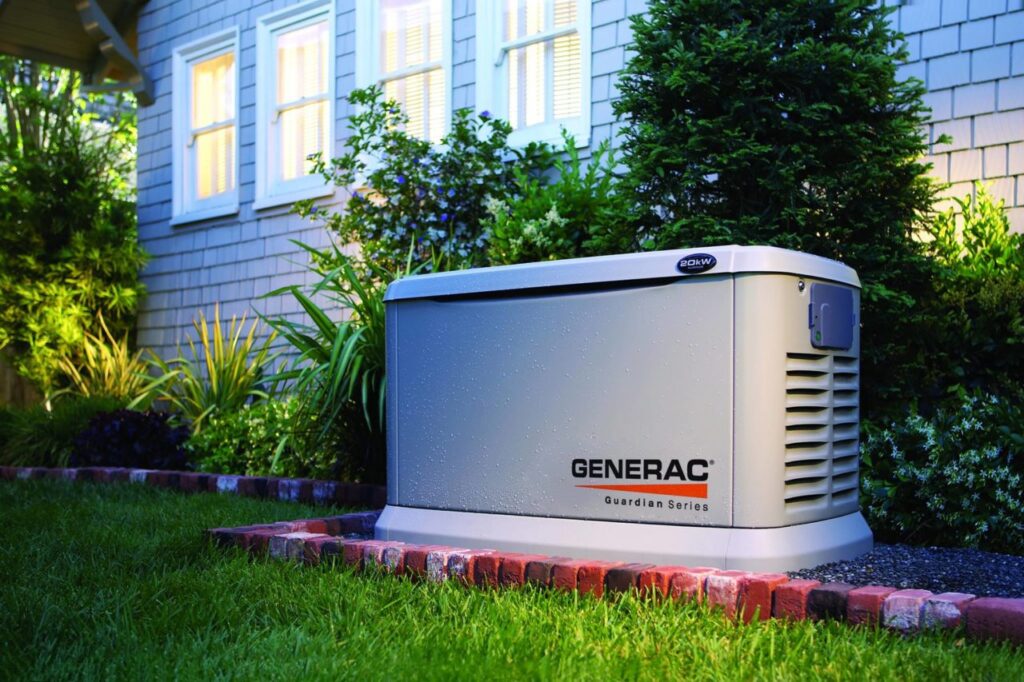
When it comes to preparing for power outages, having a home generator can be an excellent investment. Home generators offer a range of benefits, including keeping your home powered during emergencies and protecting your electrical devices from damage. In this article, we’ll discuss the benefits of home generators and provide an overview of their installation process. Benefits of Home Generators:
- Power During Emergencies
One of the most significant benefits of having a home generator is the ability to keep your home powered during emergencies. Power outages can be caused by a range of factors, from natural disasters like hurricanes and earthquakes to technical issues with the electrical grid. With a home generator, you can keep the lights on, power your heating and cooling systems, and keep your refrigerator running during an outage.
- Protection for Electrical Devices
Power outages can also pose a risk to your electrical devices, particularly those that rely on electricity to function, like medical equipment or home security systems. A home generator can protect your electrical devices from damage or data loss by providing uninterrupted power during an outage.
- Increased Home Value
Investing in a home generator can also increase the value of your property. Many homebuyers see a home generator as an attractive feature, particularly in areas that are prone to power outages. In addition, having a home generator can help you sell your home faster in the event that you decide to put it on the market. Installation Overview:
- Choose the Right Generator
Before installing a home generator, it’s important to choose the right one for your home’s needs. The size of your generator will depend on the size of your home, your electrical needs, and the devices you want to power during an outage. A licensed electrician can help you choose the right generator and determine the best location for installation.
- Prepare the Site
Once you’ve chosen the right generator, it’s time to prepare the site for installation. The installation site should be level and located in an area that’s easily accessible for maintenance and repairs. The area should also be clear of any debris or objects that could interfere with the generator’s operation.
- Install the Generator
The next step is to install the generator itself. A licensed electrician will need to install a transfer switch, which allows the generator to be connected to your home’s electrical system. The generator should be installed on a concrete pad and securely anchored to the ground to prevent it from moving during high winds or other severe weather.
- Connect to Fuel Source
The generator will need to be connected to a fuel source, typically natural gas or propane. Your electrician will need to install a gas line and a regulator to connect the generator to the fuel source.
- Test and Maintenance
After the generator is installed, it’s important to test it to ensure that it’s functioning correctly. Your electrician will also need to perform regular maintenance to keep the generator in good working order, including oil changes and filter replacements. In conclusion, home generators offer a range of benefits and can be an excellent investment for homeowners who want to protect their homes and electrical devices during power outages. By choosing the right generator and working with a licensed electrician to install and maintain it, you can ensure that your home remains powered and protected during emergencies.
